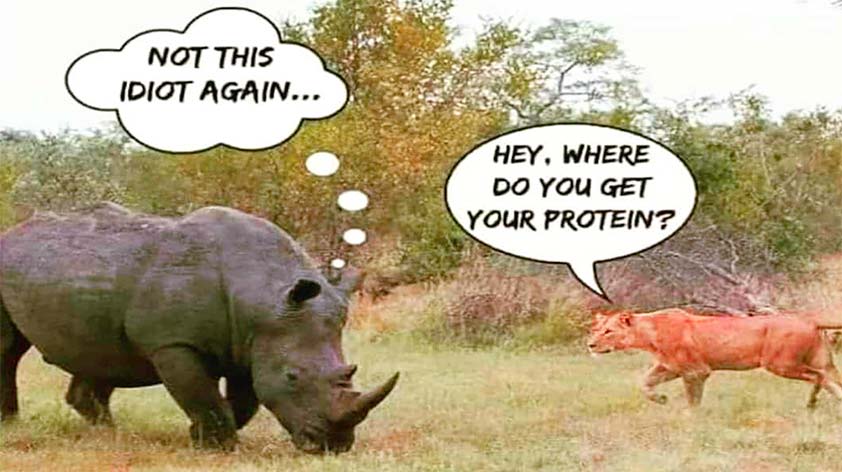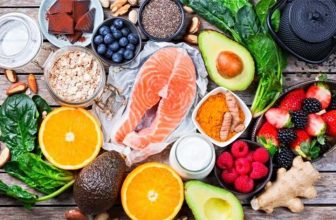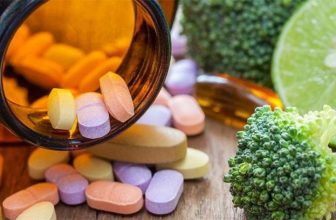
Everybody knows that protein is one of the most important components of our diets, not just in order to optimise athletic performance, but also to maintain a healthy, strong and robust body and lifestyle. However, the necessary amount of protein is often over-emphasised, with many people believing that eating meat is the only way of obtaining the requisite amount. Read on to discover the truth about vegans and their relationship with protein in Hey Vegan! Where Do You Get Your Protein? 5 Common Myths Busted!
Myth No.1
Plant-based diets aren’t appropriate for children, pregnant women or athletes
Contrary to widespread beliefs about plant-based lifestyles, The British Dietetic Association (BDA) and The Academy of Nutrition and Dietetics agree that well-planned vegetarian diets, including the vegan diet, are healthy and nutritionally adequate and appropriate for all stages of the life cycle, including pregnancy, lactation, infancy, childhood, adolescence and older adulthood. What’s more, they have emphasised the appropriateness of the vegan diet for the needs of athletes.
Myth No.2
Animal products are the best or only way to obtain protein
This is one of the most prevalent misconceptions that deters people from trying plant-based diets.
This is probably because this particular misconception is rooted in some truth; it is the case that animal foods (meat, dairy and eggs) contain all nine essential amino acids – which are the building blocks for protein – while most plant foods lack at least one essential amino acid. But protein is by no means exclusive to meat, and in order to gain all nine essential amino acids through a plant-based diet, you just need to eat a slightly broader variety of foods!
Myth No.3
Plant-based diets are difficult and expensive
This varied diet is far easier to maintain than many people imagine. It is another commonly held misconception that vegans, and especially plant-based athletes, have to adopt strange, difficult and expensive diets in order to maintain their health and good performance, but the necessary nutrients are more commonplace than you might think.
Protein is found in many ‘normal’ foods like cooked and raw vegetables, fruits, beans and legumes (lentils, chickpeas, black beans), starchy veggies like potatoes, brown rice, pasta, whole-wheat breads, seeds, nuts and nut milks, all of which are easy enough to find at your local supermarket.
In fact, one cup of cooked broccoli or spinach has the same amount of protein as a medium egg, while 3 tablespoons of hemp seeds have just as much protein as ½ a cup of Greek yogurt, plus an additional health boost of 6 grams of Omega-3 fatty acids. Some plant foods do actually contain all 9 essential amino acids, such as quinoa, buckwheat, soy, hemp, chia, and hummus.
Myth No. 4
You need LOADS of protein to achieve athletically
Now that we’ve dispelled the widespread myth that meat is the best or only way to obtain protein, let’s talk about how much you really need. The amount of protein required, even for very athletic lifestyles, is often vastly over-exaggerated.
According to a study by B Pramuková et al, individuals engaged in a general fitness programme can meet their dietary needs by consuming 45-55% carbohydrates, 25-35% fats, and 10-15% proteins. Similarly, Lance Armstrong’s former coach, Chris Carmichael, states in his book “Food for Fitness” that the recommended dietary percentages for training sportspeople are are roughly 65% carbohydrate, 22% fat, and just 13% protein.
So while protein is incredibly important, the actual amount necessary to optimise performance is relatively low compared with the recommended intake of carbs and fats.
Myth No 5:
There are no truly successful plant-based sportspeople
It’s all very well reading about the science and theories behind dietetics, but it’s far more motivational to hear about real success stories.
Take a look at Scott Jurek, one of the greatest ultramarathoners of all time. He is vegan, and now holds the American record of running 165 miles in 24 hours! Other plant-based sportspeople include vegetarian running icon, Bart Yasso, and Brendan Brazier, a successful vegan triathlete. Torre Washington, Korin Sutton and Dominick Thompson have even proven that the vegan diet is fit for a bodybuilder!









